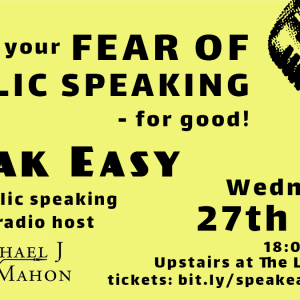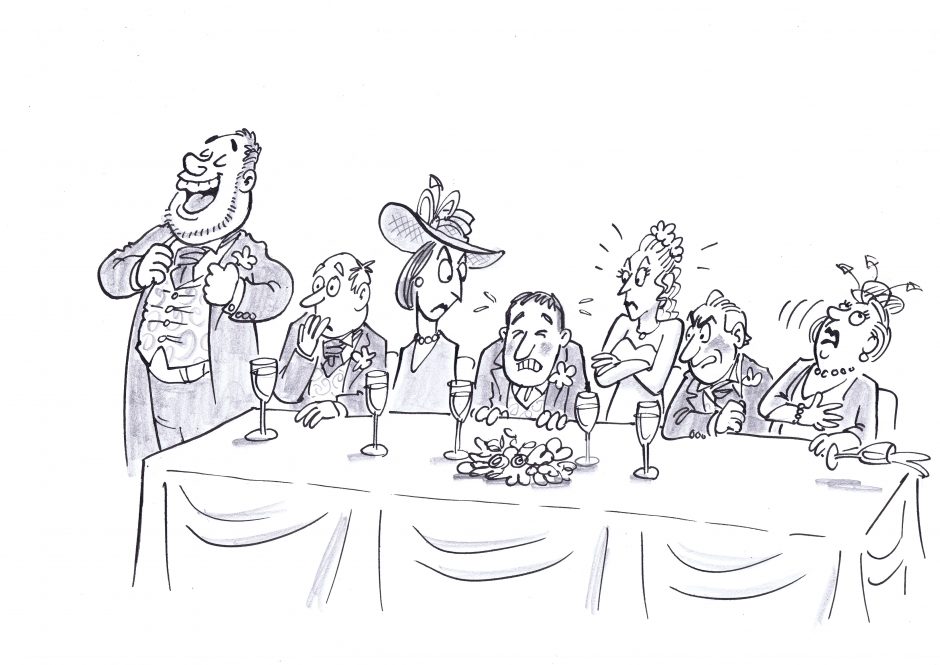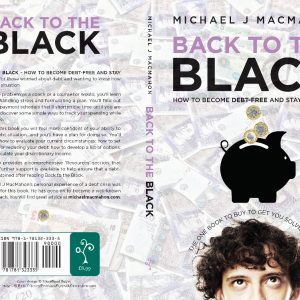‘Fake it till you make it’ has been a meme or a slogan or a motto even, since the old king died. But confidence is a fragile thing. Even Grayson Perry, that celebrated, ebullient and larger-than-life artist who’s even higher profile than usual right now due to his lockdown TV series ‘Grayson’s Art Club’ (UK Channel 4), appears to have suffered from a lack of confidence. At one time he did, anyway. I learned this from an article he wrote ‘Letters to my 16-year-old self’ or words to that effect. He wanted his younger self to have more belief that his life would go well. ‘Confidence’ he wrote, ‘is the most important thing, because it allows one to fulfil one’s potential.’
But how do we get it if we haven’t got it? How do we get more of it?
Self-esteem is another way of putting it and maybe a more central quality, of which self-confidence is an aspect or a manifestation. I have been amazed at the number of times I’ve met people who seem to be confident on the outside but actually suffered from lack of self-esteem. Maybe they were applying the ‘fake it till you make it’ thing.
Self-belief is another way of expressing it and that’s maybe the best way of describing the quality we’re looking for.
What I do know about confidence is this: It’s context-specific. Should be obvious but maybe it’s not. I’m confident at some things, less so in others, and not at all in others. Anyone who is supremely self-confident in all aspects of their life is either very lucky or deluded.
The other thing I’ve learned is that confidence can be cut and pasted – or maybe copied and pasted, from one are of one’s life to another. A practical way of proving that is the practice called anchoring, or the circle of excellence, that I first learned from NLP (neuro-linguistic programming) practitioner Dianne Lowther. I learned the technique of capturing, or anchoring, the emotions from previous success, in order to improve my performance at an event. I was confident that the event would go well; simply wanted to find a way to become less jittery three or four hours in advance of the event, which was speaking at a fundraising dinner. Not only did the technique work in that way, it also enabled me to engage with other people at the event in ways I would not have done previously.
Context, cut-and-paste. Those are the two key things I work with. Then the next thing is the difference between confidence and self-esteem or self-belief. They are of course tied up in the broader issue of personality. Are you an extrovert or an introvert? Or something in between? Or does it vary from day to day, from hour to hour? If so, you’re normal.
Because I’m a coach and not a therapist, I tend to deal in the present and the client’s picture of the future, not the distant past. Yes, we might deal with the recent past if there’s a pattern of behaviour that still persists and which inhibits performance or belief of both. But we don’t usually deal with what happened in your childhood, for example.
Maybe that’s something missing from our armoury. For example, I once had a client who on the face of it had a supremely successful professional life. But after questioning at a deeper level than I usually go (helped by the fact he’d completed a psychometric questionnaire: a most helpful tool), it transpired that he was still trying to prove himself to his parents. At that stage I think both his parents were dead; but nevertheless those scars run deep. Memo to self: one size doesn’t fit all. If I think about my own childhood, a long time ago, I recall that we were encouraged, implicitly if not explicitly, to believe in ourselves. Our parents would not have expressed it that way; but that was the outcome. Some kind of osmosis, maybe.
I still remember the best stage production I’ve ever been involved in. It was nearly ten years ago: a production of Richard III in a small pub theatre in Bristol. The director (a multi-talented young man called Tristan Darby) succeeded in getting us all to maintain the beauty of the pentameter, and yet to portray the inimitable drama of the play … and I still don’t know how he did it. I don’t recall a single ‘note’, i.e. the verbal critiques you receive or don’t receive at the end of each rehearsal. His work too was done by osmosis, as far as I can work out.
Parenting sometimes works like that. If you get it right, the child believes in him- or herself and that is a priceless legacy. Worth more than all the money you can leave them. On which subject: the richest man I know once said to me: ‘giving loadsa money to your kids is the worst thing you can do for them.’
‘Discuss’, as they say. Or they did, back in my rather traditional schooldays.
To conclude: if I, and my ex-wife, have given our daughters a reasonable measure of self-belief, then we’ve done our job. Maybe the most important job of our lives.





